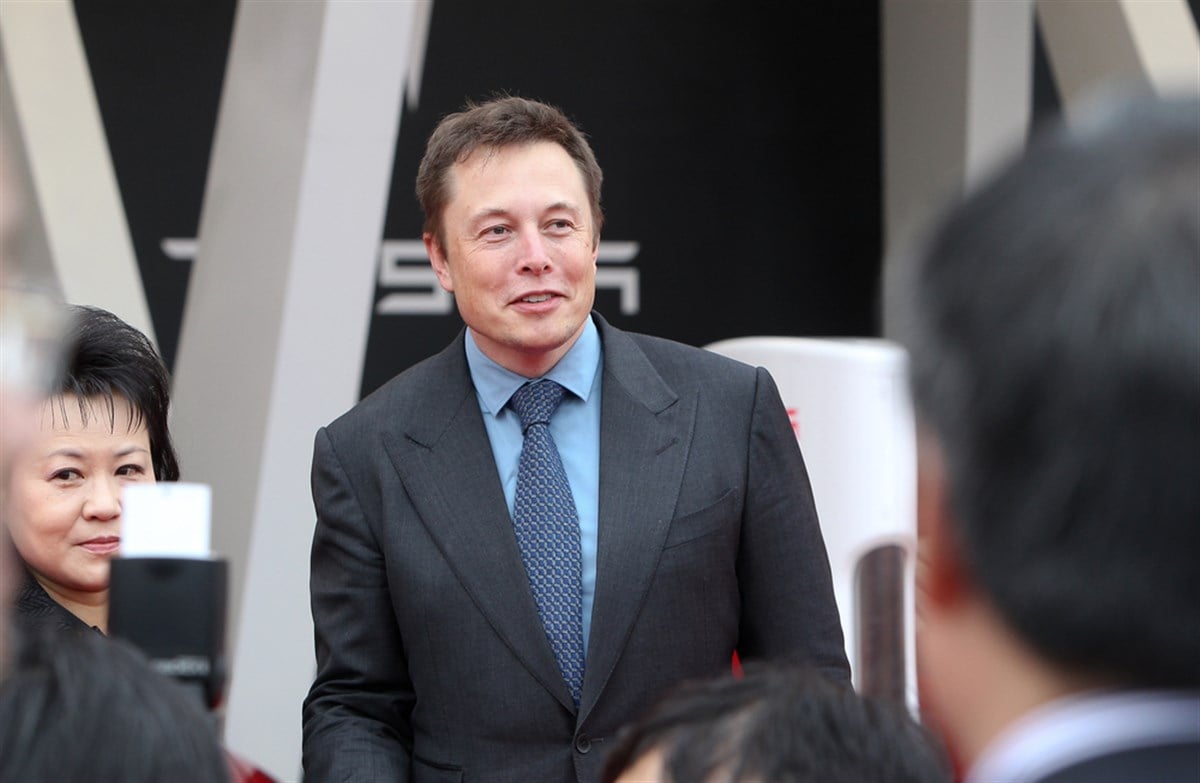
Many misconceptions about the stock market exist and are constantly growing. These are particularly abundant when the market is coming off of a low interest rate cycle, where easy money and a risk-on mentality can seriously blur investor filters when looking for a stock to justify an investment. Today, shares of Tesla Inc. (NASDAQ: TSLA) have driven the biggest misconception.
Investors are back to that great feeling of sitting on the green line. Tesla stock is now on its way to breaking even for the year, as its performance has been negative 6.2% for the past 12 months. Before July’s rally, the stock was down to a negative 37% performance, so yes, shareholders will feel a lot more confident that their Tesla investment will eventually turn a profit. But, while the company might eventually get there on its own merits, the recent rally didn’t come from Tesla’s merits.
The company’s eccentric Chief Executive Officer (CEO), Elon Musk, has been active lately on his social platform X (formerly Twitter). His recent expressions have been focused on signaling that Tesla stock’s price may be too low since it is looking to announce progress on its Optimus robot and Semi truck releases by August 2024; however, here’s the harsh reality investors need to keep in mind before believing everything they see in the internet.
Are Tesla's Drivers Asleep at the Wheel?
Not physical drivers, though that has been a trend as drivers use the vehicle's autopilot feature and catch a quick nap on the highway. Today, investors are focusing on the financial drivers, metrics to be specific, which look a lot different than what Musk has been suggesting on X.
In the first quarter of 2024, total deliveries for Tesla were 386,810. Though impressive, this figure represents a contraction of nearly 10% compared to the first quarter of 2023, which reported up to 422,880 deliveries. While the second quarter gave hope to investors looking to recover, that also proved disappointing.
Tesla's second-quarter 2024 deliveries were only 443,956. That was the accredited event behind the stock's ensuing 10% rally, as CNBC quoted that these deliveries were better than expected. However, these are also lower than the second-quarter 2023 deliveries of 466,140.
Another driver lagging Tesla stock is the level of profit per vehicle. The combination of lower deliveries and a price cut strategy to fight off new competitors in the market led analysts at Wells Fargo to cut their gross margin expectations further, which will negatively impact the company's net income and earnings per share (EPS).
Knowing that the perception of Tesla stock is far from the reality of what's happening under the hood, the question now becomes centered on figuring out what actually caused Tesla stock to go on a 10% tear in the past couple of weeks.
All Evidence Points to Rivian Stock, Not Tesla: Here's Why
The timing of this rally is interstin. Shares of Rivian Automotive Inc. (NASDAQ: RIVN) jumped by 63% in a single day as news hit the markets that Volkswagen would consider an investment of up to $5 billion in the electric vehicle company.
Transportation stocks like Volkswagen and RXO Inc. (NYSE: RXO) realize that they must invest in high-growth businesses to remain competitive in today’s market, which is mainly driven by technology stocks rather than operational efficiency.
Anyway, Tesla’s rally directly overlapped with Rivian’s rally as an extension of electric vehicle optimism. In other news, another player in the space, Lucid Inc. (NASDAQ: LCID), just reported that its own deliveries kicked off in the right direction. Up to 2,394 units were delivered in the second quarter of 2024, representing a 22% increase over the quarter before.
To separate itself further from Tesla, Lucid’s deliveries would show a 70% annual increase, compared to the 10% decline in Telsa’s yearly deliveries. Not to suggest one brand is better, but investors should understand that Tesla’s rally may have been founded on a weak leg.
This is what some call the Elon factor, where investors are now hoping for capital gains over the head of the CEO’s ability to pull a rabbit out of the hat. While he has done so in the past, when Tesla was a much smaller company, doing the same trick today, at $806 billion market capitalization, becomes a lot harder.
That is why analysts at The Goldman Sachs Group kept their price targets for Tesla stock at $175 a share, challenging a sell-off of around 31% from where the stock trades today. But these analysts aren’t the only ones on Wall Street willing to put their money where their view is.
Hedge funds are reportedly getting ‘stung’ by Tesla’s rally. According to Bloomberg, the percentage of hedge funds shorting Tesla stock has risen to nearly 18%, up from 13% in January 2024.
While this represents a pain point for these short sellers, investors need to remember that these institutions have enough buying power to weather a 10% rally against them. Don’t expect them to bail on their shorts that easily, especially when the fundamental picture backs them.
